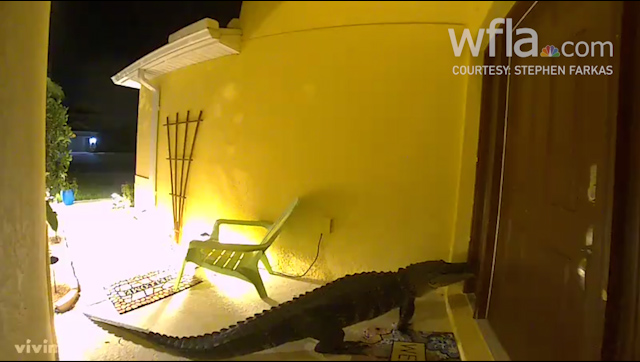TAMPA, Fla. (NBC) – A new study examining an embryo from a fossilized dinosaur egg has provided further evidence supporting the notion that modern birds evolved from dinosaurs.
The embryo fossil was discovered in rocks in east China 20 years ago and housed in the Yingliang stone natural history museum in Fujian province where it was dubbed “Baby Yingliang.”
Estimated to be 10 inches from head to tail, the creature lies curled up inside a 7-inch-long egg.
Paleontologists believe it belongs to a toothless theropod dinosaur or oviraptorosaur dating back 72 to 66 million years, within the cretaceous period.
“The embryo fossil ‘Baby Yingliang’ was discovered in the late cretaceous stratum located at the southern part of east china’s Jianxi province. The embryo we previously found was not very complete.
Chinese researchers said after three years of detailed study by the joint efforts of Chinese, British, and Canadian research teams. The embryo was determined to be “the best-preserved dinosaur embryo fossil so far.”
The oviraptorosaur is a group of theropod dinosaurs with feathers.
They were found in the cretaceous stratum of Asia and North America and were closely connected with the modern birds.

